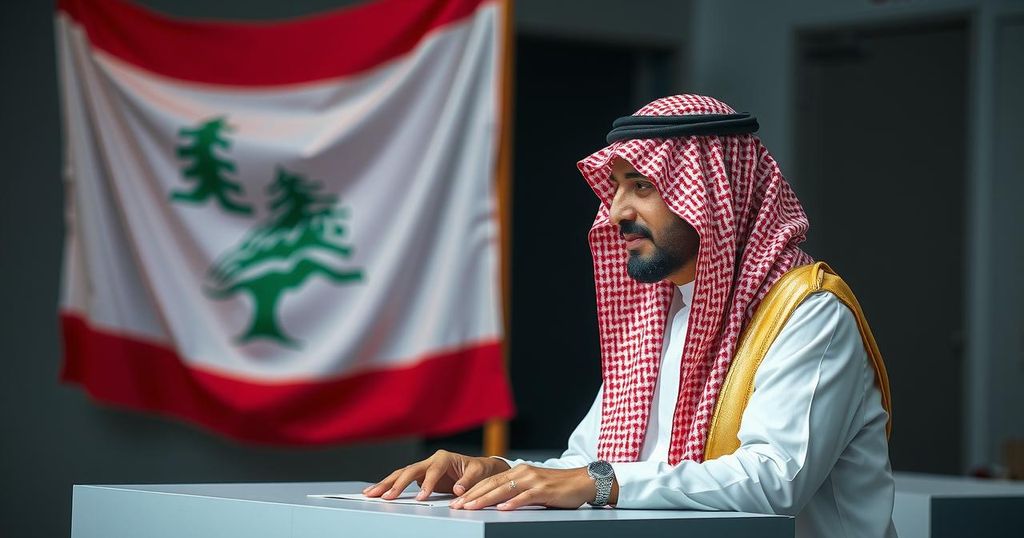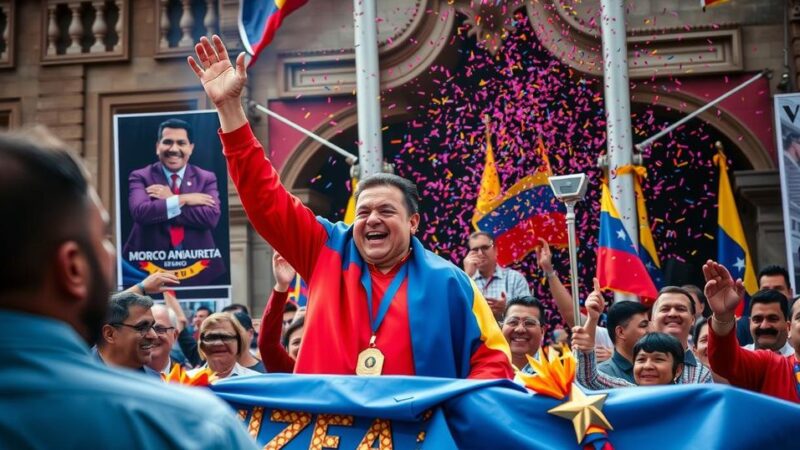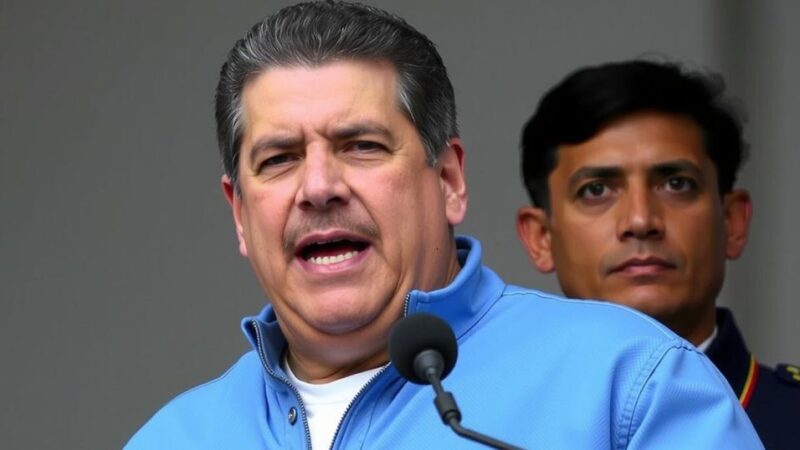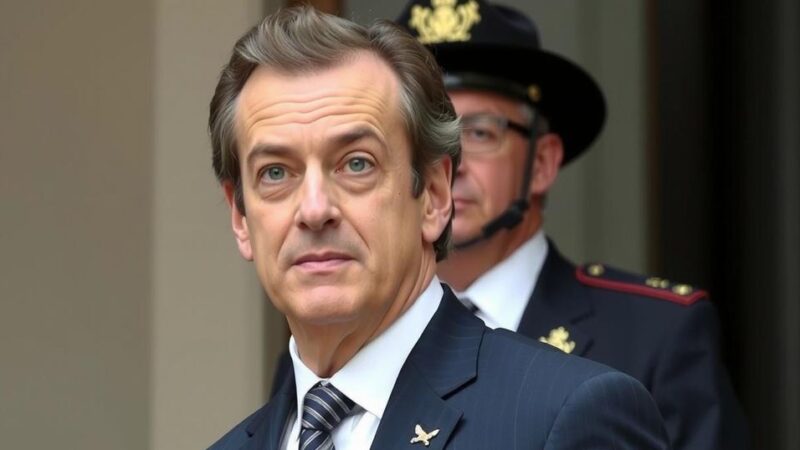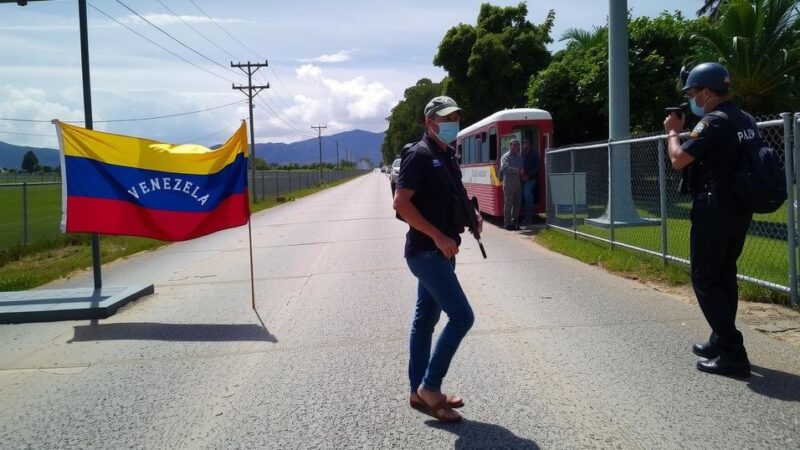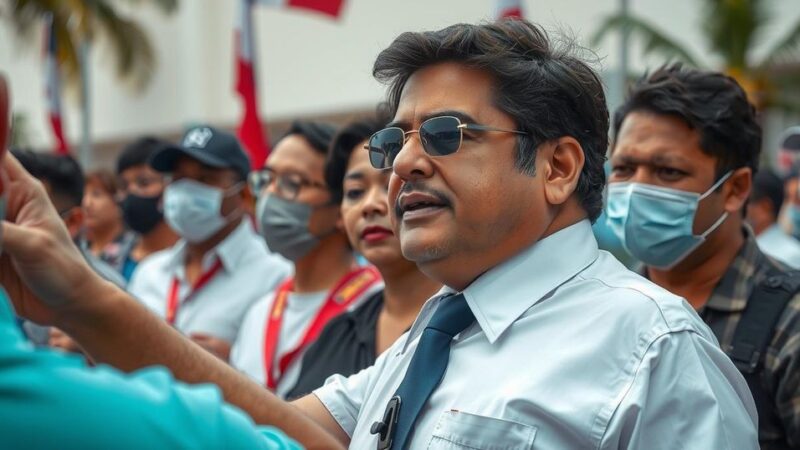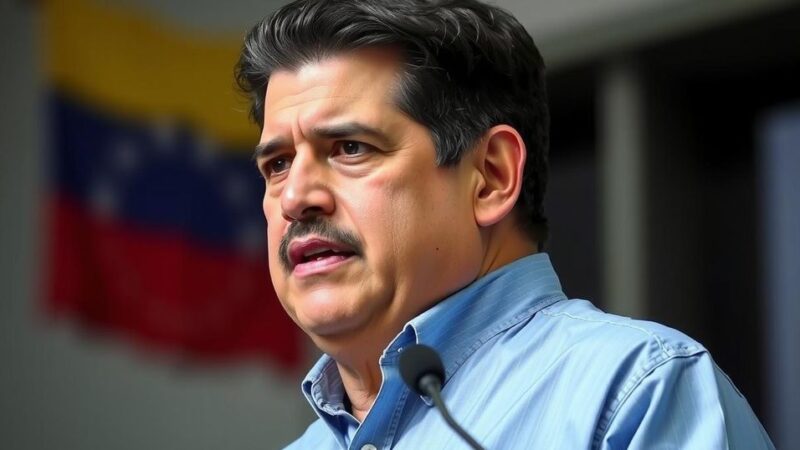Lebanon’s political landscape experienced a transformation with the election of Joseph Aoun as president, facilitated by Saudi Arabia’s diplomatic intervention. Amidst a fragmented parliament, Aoun’s election signified an end to a prolonged presidential vacuum, backed unexpectedly by Hezbollah. His presidency promises critical challenges ahead, particularly regarding disarmament and the prevention of civil unrest. This political shift raises questions about foreign influence and the future stability of Lebanon.
On Thursday, Lebanon witnessed a pivotal political shift with the election of a new president, a move heavily influenced by a last-minute diplomatic push from Saudi Arabia. As parliamentary deliberations seemed destined for yet another failure to elect a leader, the intervention of Saudi diplomats maneuvered a consensus around General Joseph Aoun, who received overwhelming support amidst a highly fragmented political landscape. Aoun, who has been perceived as a candidate with U.S. backing, secured 99 votes, clearly exceeding the two-thirds majority required for election. His inauguration marked the end of a protracted presidential vacuum and was accompanied by vows to restore constitutional order and state authority, particularly over arms held by groups like Hezbollah.
In an unexpected twist, Hezbollah, traditionally a powerful actor in Lebanese politics and closely allied with the previous administration, supported Aoun after a strategic meeting during a parliamentary recess. The dynamic revealed a shift in allegiances, characterized by Hezbollah’s decision to endorse a president advocating a disarmament agenda. This unprecedented backing warrants examination of the changing influence of external actors, particularly as Lebanese lawmaker statements highlighted concerns about foreign intervention in domestic affairs.
Saudi Arabia’s renewed engagement in Lebanon contrasts sharply with its previous stance of disengagement, reflecting a complex Middle Eastern geopolitical landscape where Lebanon’s stability is interconnected with broader regional rivalries. The role of Western diplomats, notably from France and the United States, further complicated the voting scenario, as they sought to fortify Aoun’s position amid internal and external pressures.
Aoun’s election signifies a potential turning point for Lebanon, yet it does not eliminate the challenges ahead, particularly regarding disarmament negotiations with Hezbollah’s armed wing, which retains significant power despite recent setbacks. The consequences of this political maneuvering will likely resonate across Lebanon’s multifaceted sectarian divisions, necessitating careful management to avoid triggering civil unrest. Amidst the uncertainty, there is a cautious sense of optimism among some Lebanese citizens, who view Aoun’s presidency as an opportunity for reform and healing in a politically fractured landscape.
The political history of Lebanon is intricate, stemming from a complex interplay of religious and sectarian affiliations that influence governance. The role of external powers, particularly Saudi Arabia and Iran, has been pivotal in shaping the country’s political dynamics. The election of a new president has been overdue for more than two years due to deep-seated divisions, often resulting in parliamentary deadlocks. In this context, the recent diplomatic efforts by Saudi Arabia to influence the electoral outcome mark a significant shift, reflecting its desire to regain influence in Lebanon amid fears of Iranian expansion through Hezbollah. The implications of this electoral outcome resonate not only within Lebanon but also across the wider region, affecting sectarian balances and regional alliances.
The election of Joseph Aoun as Lebanon’s new president, spurred by Saudi diplomatic efforts, marks a significant moment in the country’s political history. With support from Hezbollah, the process has illuminated shifting allegiances amidst a backdrop of external influence. However, challenges remain, particularly regarding the disarmament of Hezbollah and managing the delicate sectarian balance. The path forward depends on navigating these complex dynamics to achieve lasting stability and governance that honors Lebanon’s sovereignty and diverse political landscape.
Original Source: www.cnn.com

